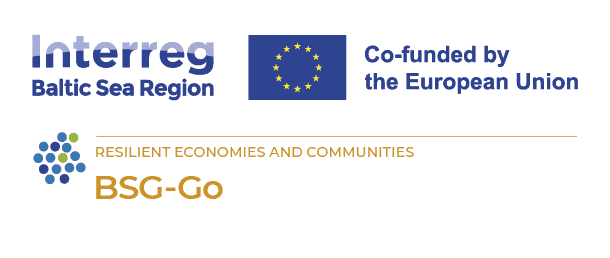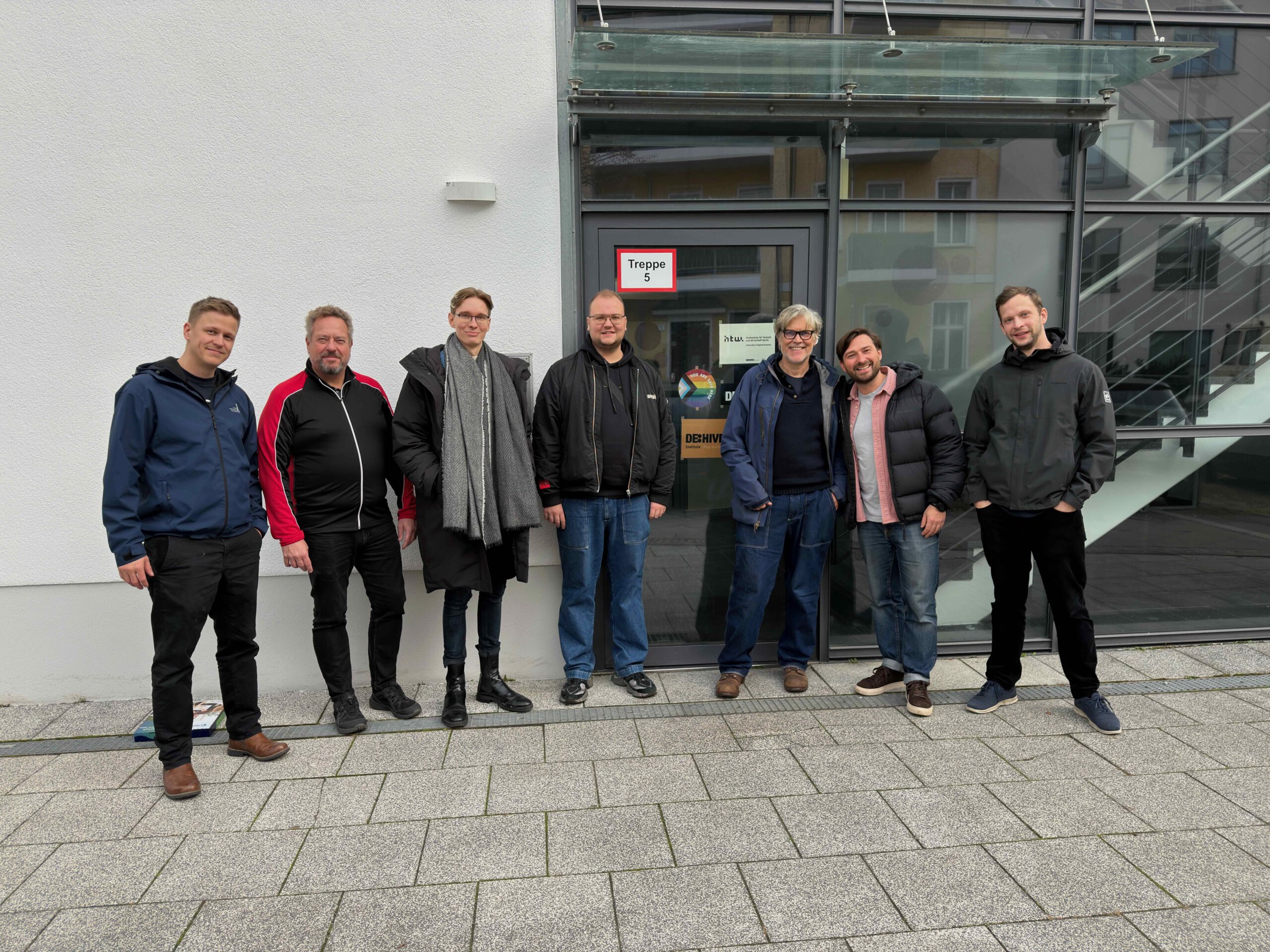
Game Thinking Meets AI – Second Edition: Cross-Campus Collaboration Between LTU Skellefteå and HTW Berlin
19 November 2025
15 November 2025, Berlin
As part of an Erasmus+ Staff Exchange, HTW Berlin welcomed three visitors from Luleå University of Technology (LTU) in Skellefteå—two of whom are members of the emerging game team Polysoup. Building on the momentum created by earlier Game Thinking workshops in Skellefteå, this Berlin edition explored how universities can integrate AI-driven analysis, game incubation practices, and cross-border collaboration to accelerate early-stage creative projects.
Gathered at the DE:HIVE Game Lab of HTW Berlin, the group continued the conversation initiated during the BSG-Go project earlier this year. Professor Thomas Bremer and David Witzgell facilitated a hands-on session using Game Thinking methodology to map out ecosystems, stakeholder roles, and potential incubation paths relevant to both regions—Berlin and Skellefteå.
A key focal point was the potential use of AI-generated transcripts from the BSG-Go project. By feeding these transcripts into AI tools, the team identified narrative elements, system structures, and user experience patterns that could inspire mechanics and story arcs within their interactive game. This experiment demonstrated how workshop recordings can evolve into creative assets when processed with AI summarisation, clustering, and concept extraction.
The meeting highlighted the value of Erasmus mobility as a catalyst for connecting academic cultures and innovation contexts. While Skellefteå brings the momentum of its fast-growing game industry and strong public–private collaboration, HTW Berlin contributes expertise in applied research, game production, and AI-enhanced creative workflows.
For Polysoup, the exchange offered both inspiration and practical takeaways, particularly around how AI-derived knowledge from the BSG-Go project might help shape the narrative and systems design of their new interactive game.
The visit concluded with the shared intention to continue experimenting with AI-supported workflows and to explore whether joint workshops or micro-incubation pilots could be set up in 2026 beyond the soon ending Interreg project.






